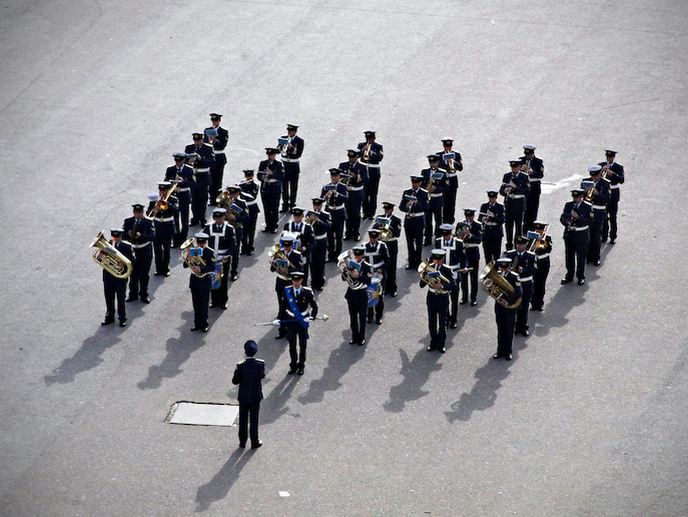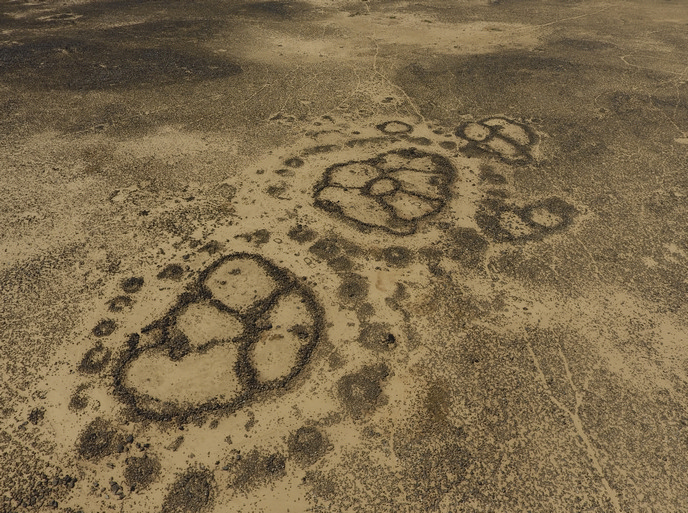Changing their tune: music as a tool of oppression
The sunlit Greek island of Makronisos holds a dark history. From the 1940s until the 1950s it was the site of detention camps(opens in new window), where alleged communists and left-wing soldiers, and later political prisoners including women and children, were detained and forced to recant their ideology. “These camps were branded as an experiment in ‘re-education’, indoctrination,” says MUSDEWAR project leader Anna Papaeti. “Really it was systematic torture, hard labour, inhumane conditions, and music was very central to this.” Through combing historic archives and interviewing survivors of the camps, Papaeti is chronicling the use of music as a weapon on Makronisos(opens in new window), and its complex and sometimes contradictory role as a tool of oppression. “What transpires from testimonies is that there was a lot of forced singing, of military songs and songs of a nationalistic character identified with the regime,” says Papaeti. “It was derogatory for those who had to sing them.” Prisoners could be forced to sing at any point of the day, even as they carried heavy stones from one end of the island to another and back. In 1948, a transmitter was linked to loudspeakers across the camps to play music, mostly of a nationalist character, and speeches – one of Greece’s first ever radio stations. As time progressed, says Papaeti, choirs and bands were formed, which at points relieved participants from hard labour. The groups frequently performed for visiting journalists and dignitaries, and even went on tour. Surprisingly, some prisoners remember these groups fondly. “I think there’s a double bind,” says Papaeti. “On one hand you have a testimony that the choir gave a prisoner friendship and music, on the other they became the voice of propaganda for their torturers.” For Papaeti, this use of music was aimed at what she calls sonic enclosures: people forced to listen to music constantly without reprieve in enclosed spaces. More sophisticated sonic enclosures evolved during the 1960s and 70s in Greece: a combination of new interrogation methods drawing on sensory deprivation, later practised at the US base in Guantanamo Bay(opens in new window), Cuba. That music is so typically seen as something innocuous, even virtuous, overlooks its dark use in oppression, says Papaeti. A former detainee told her that even today, the sound of clarinet playing would fill him with terror. “You see how something that is understood as benign, can still scar them decades later, even in their eighties,” she says. Through her work on Makronisos, Papaeti hopes to trace the genealogy of music as a weapon in the Cold War period. This research was undertaken with the support of the Marie Skłodowska-Curie programme, which Papaeti says gave her the time to sift through archives, propaganda material and newspapers, and speak to former political prisoners. “Because music was something not examined, it took a lot of digging to collect this information,” she says. Next, Papaeti plans to write a book about the development of music as a tool of oppression in Cold War Greece and the complex relationship victims have with it, to make sense of this trauma, and bear testimony to the violence of European histories.







